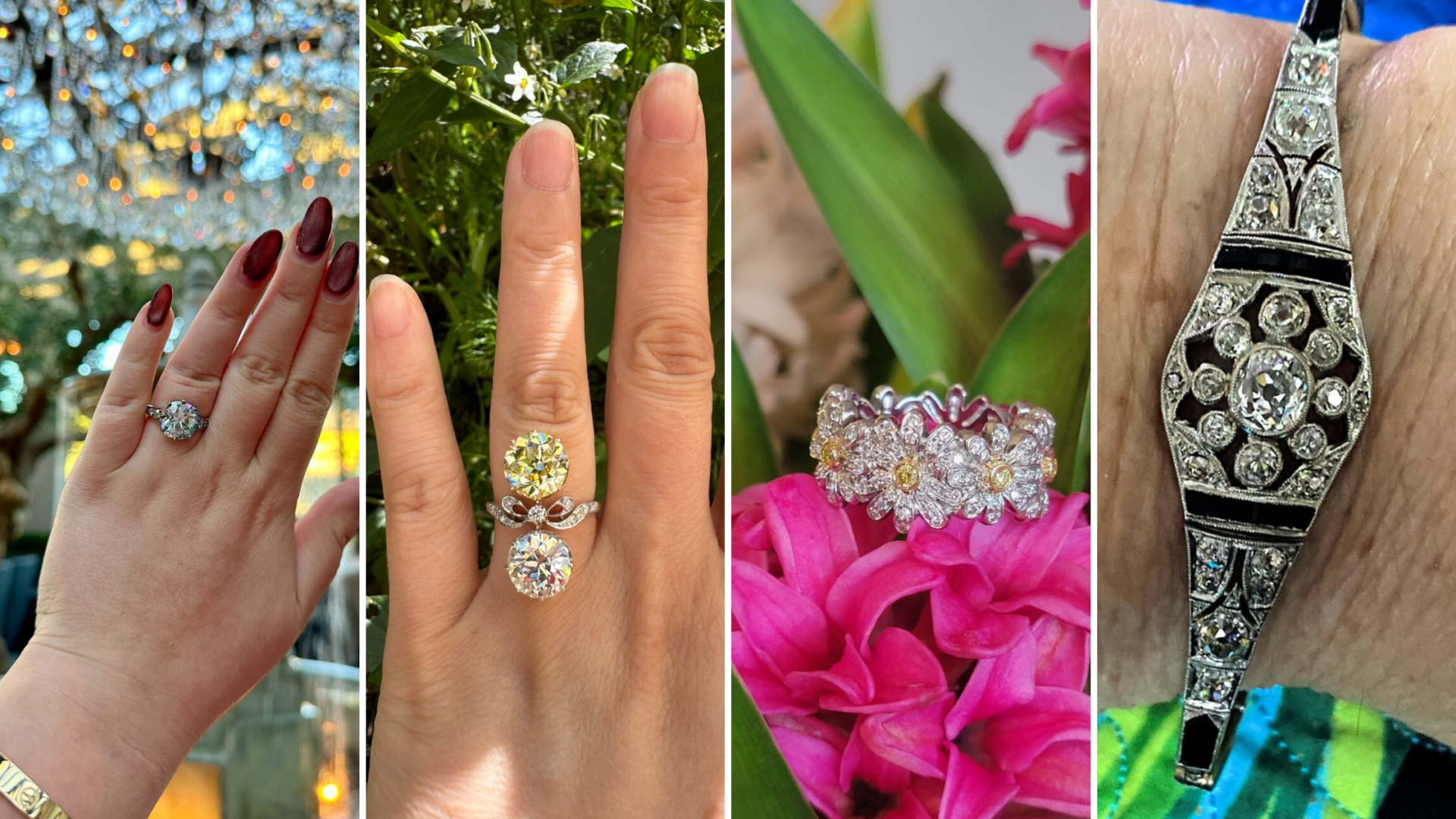- Joined
- Apr 30, 2005
- Messages
- 33,296
SNIP
The Kimberley Process, by failing to do its job, leaves Americans and others in the uncomfortable position of potentially buying blood diamonds. Consumers can no longer be sure that diamonds with a Kimberley Process certificate are clean.
Our latest information is that the situation in Marange remains largely unchanged. Despite claims that the army was withdrawing, most of the diamond fields remain under military control, with smuggling, human rights abuses and corruption unchecked.
American consumers can send a strong message to the diamond industry, the smugglers and those running these abusive mining operations: It is not acceptable to trade in stones mined by children whose labor was coerced, by women who've been raped or by men who've been tortured.
So, press your jeweler about the origin of the gems you want to purchase. If they're from Zimbabwe, don't buy them. Diamond mining in Zimbabwe has inflicted great harm. U.S. consumers need to ask themselves whether that's a moral price they're willing to pay for a stone.
The Whole Story
The Kimberley Process, by failing to do its job, leaves Americans and others in the uncomfortable position of potentially buying blood diamonds. Consumers can no longer be sure that diamonds with a Kimberley Process certificate are clean.
Our latest information is that the situation in Marange remains largely unchanged. Despite claims that the army was withdrawing, most of the diamond fields remain under military control, with smuggling, human rights abuses and corruption unchecked.
American consumers can send a strong message to the diamond industry, the smugglers and those running these abusive mining operations: It is not acceptable to trade in stones mined by children whose labor was coerced, by women who've been raped or by men who've been tortured.
So, press your jeweler about the origin of the gems you want to purchase. If they're from Zimbabwe, don't buy them. Diamond mining in Zimbabwe has inflicted great harm. U.S. consumers need to ask themselves whether that's a moral price they're willing to pay for a stone.
The Whole Story







300x240.png)